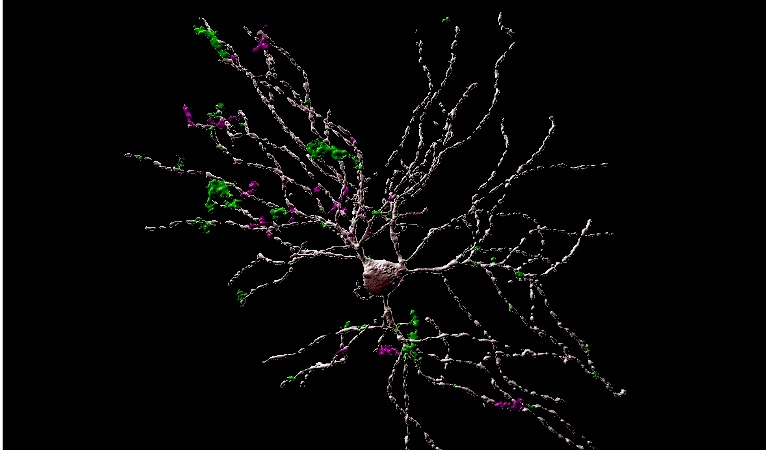
.jpg)
Center
Center for Brain BodyHow does the thalamus process sensory information that is relevant to cognition, behavior, and social interactions in autism spectrum disorders?
Center
Brain Body CenterEnvironmental experiences can have a powerful impact on the development of synapses and circuits in the brain. Understanding the physiological basis of brain plasticity is a question of significant interest both for basic neuroscience and improving our understanding of neurodevelopmental disorders.
We've discovered that sensory experience during critical developmental windows can shape feature selectivity in the visual thalamus, and that disruption of activity-dependent gene regulation, impairs this plasticity. The thalamus is a subcortical region that plays an important role in the processing of information, cognition and attention.
We seek to understand the mechanisms by which thalamic circuits develop and refine in response to activity and experience and what differences in circuit development arise in typical and atypical thalamic development. Our expectation is for these insights to shed light on the developmental origins of sensory and behavioral phenotypes in ASD and related disorders.